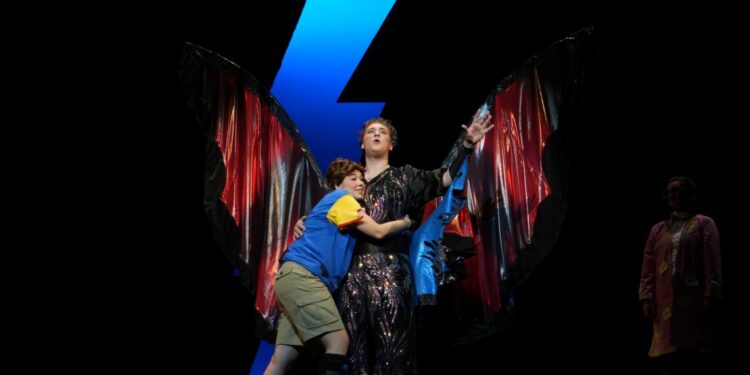Samford’s School of the Arts (SOA) has begun to use a new ticketing system for its events and productions this fall. The University is now selling tickets through Vivenu, as opposed to the previous vendor, Etix.
From the outside, this decision may seem simple: the University has decided to use a different website. But the situation has raised questions among SOA students.
In previous years, students of the arts were sent a code for each school year that, when input, would comp their ticket. But that system created a loophole: any Samford student, if someone had shared the code with them, could use it on the Etix website to get a free ticket.
Now, under the new vendor, arts students are required to log in with their Samford email in order to purchase comped tickets for an event. Samford students who do not have majors in the SOA will still get a discount off of a regular-priced ticket, but they will no longer be able to make use of a code to get one for free.
Emily Acosta, a theatre for youth major, shared that many students are in the dark about the change in vendors and the implications it bears for ticketing. Some are unsure how many comped tickets they are allotted throughout the year or whether they can still be acquired for family members.
Another student, Mallory Hubbard, a technical design and production major, knew some information, but was unsure how she felt about the new system.
“This is how we continue to put on productions, through ticket sales and, of course, our donors,” Hubbard said. “I think it’s a positive thing, but I’m not sure. I know that that is a concern for a lot of people because it can be inaccessible.”
Wesley Smith holds one such concern. Smith is a senior theatre major and expressed his fear that a number of students who no longer have the same access to free tickets may stop attending SOA events.
“I know people that came to see a show because they had access to a free ticket, and they fell in love with the theatre department,” Smith said. “If we’re getting less viewership because tickets are going to cost [students] money now, I think that’s honestly just going to hurt the department in the long run.”
Smith also shared that, from the perspective of those performing and producing the show, empty seats can be demoralizing.
“Community engagement is always going to be more important to us than monetary gain,” he said.
The full effect this change will have on the department’s attendance and revenue remains to be seen as ticketed events begin in the upcoming weeks.

Staff Reporter



